It is no wonder that farm-fresh foods are in demand. Everybody is trying to buy locally grown produce, which is better and more beneficial from the store-bought. More and more people opt for producing their own food by making urban farms or even rooftop gardens.
If you don’t have the space to grow plants outdoors, there is always the possibility to grow them in your home. It is best to choose plants that are not only tasty to consume but also healthy and healing.
There are so many medicinal vegetables, fruits, and herbs to choose from. Our list will definitely make you choose which are the best for you and thrive best in your home. Take a look…
1. Aloe Vera
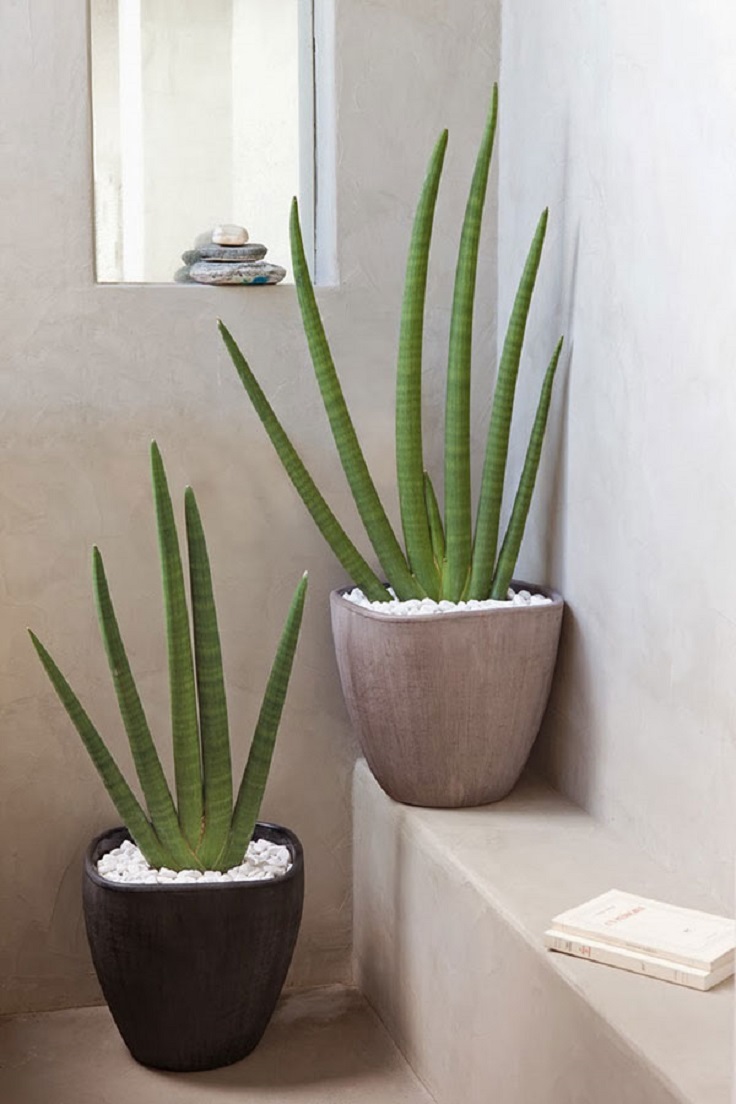
via hipvan.com
Aloe Vera is one of the healthiest plants you can easily grow. Its juice can be used for digestive problems and appetite, chronic constipation, and ulcerative colitis. At the same time, the sap inside those big leaves heals burns, eczema, skin allergies, and cuts.
Aloe is a drought-resistant plant that needs moist soil and sun exposure.
2. Sage

via hardyherbs.com
Sage is a herb that is widely used for culinary but also for medicinal purposes. Sage is a natural stimulant, antibiotic, astringent, tonic, and carminative and contains anti-hypertensive, anti-diabetic, anti-inflammatory, and antimicrobial properties. It is used for treating many conditions like heartburn, gas, stomach pain, gingivitis, painful periods, asthma, and many more. To grow it in your home, you will have to make sure it gets enough sunlight. Also, it requires well-drained, fertile soil.
3. Parsley

via ladyleeshome.com
Parsley is definitely a superfood. It can be used to treat insect bites’ itchiness and pain by bruising the leaves and applying them directly to the affected skin. For urinary infections as well as a cough from the common cold, prepare yourself a parsley tea. You can enjoy parsley’s health benefits by including it in your everyday meals. And you can easily grow it in your own home. Just choose a container that is at least 6 inches deep and place it in a sunny spot. If it doesn’t receive enough light, use a lamp to keep it healthy.
4. Nettles
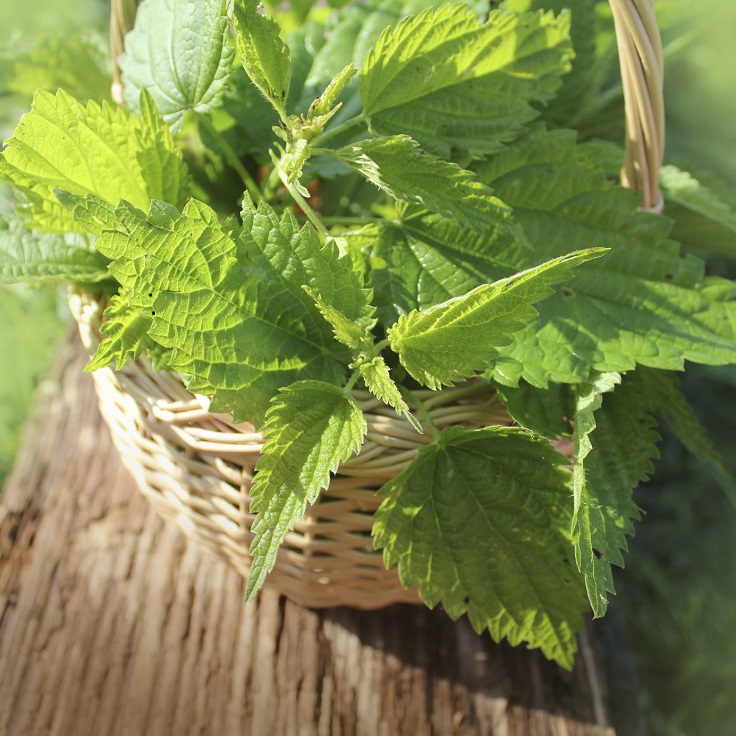
Filled with micronutrients, this healthy plant is a great choice for an indoor medicinal garden. As long as there is moisture, nettle can grow everywhere! This is a very nourishing plant that offers a gentle, nutritional boost to your diet. High in iron and potassium, nettles are used as a blood purifier. They are also a great addition to stews, soups, and teas.
5. Dandelion

You will be surprised by all the different uses of this herb. You can eat the delicious leaves, the petals can also be added to salads, and the root can be used dried and grounded as a substitute for coffee. As for medicinal use, the blossom is added to the oil and infused to relieve aching muscles. The leaves and roots are used in oils and teas to treat the liver and soothing the skin. Now we are sure that you will never consider the yellow dandelion as a weed again but a healthy herb to grow in your home.
6. Basil

Basil simply has to be on this list. Basil has antioxidant, antiseptic, anti-inflammatory, and antibacterial properties. Packed with nutrients like vitamins A, C, and K, manganese, copper, calcium, iron, magnesium, and omega-3 fatty acids, basil can treat nausea, gas, lack of appetite, cough, acne, kidney stone, etc. Keep your basil indoors, especially during winter, as it is cold sensitive. Basil needs lots of sun and water regularly.
7. Tulsi
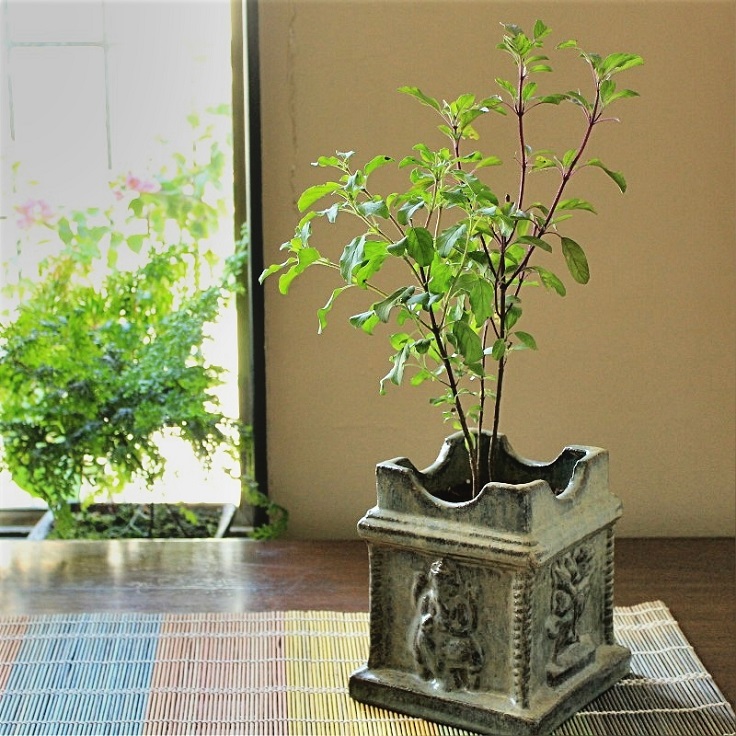
via mydecorative.com
Also known as Holy Basil, Tulsi is one of the most health-beneficial herbs. It is called the “Queen of the herbs” for a reason. Tulsi is an effective remedy for Severe acute Respiratory Syndrome, indigestion, headache, hysteria, insomnia, and cholera. At the same time, its leaves’ juice gives relief in cold, fever, bronchitis, and cough. It also helps in curing malaria, while this sacred herb’s oil can be used as ear drops. The best thing is you can grow Tulsi in your home. Make sure you have high-quality soil with perlite as well as an all-purpose fertilizer. Place your plant in a spot that receives at least 6 hours of sun.
8. Mushrooms

via amazon.com
Mushrooms are so tasty, but they are also very beneficial for your health. They are packed with vitamin c and fiber, but most importantly, they are a source of antioxidants and contain cancer-fighting compounds. It is easy to grow mushrooms in your home. You can get a growing kit or simply grow them in a laundry basket. Just search the internet, and you will find many ways to grow mushrooms indoors, and you can choose the one that suits you the best.
9. Ginger

This healthy superfood is often used for calming nausea and motion sickness and reducing inflammation. But its use doesn’t stop there. It is believed that ginger can alleviate arthritis symptoms and slow the growth of cancer cells. And it is one of the easiest plants to grow in your home. Just purchase a chunk of ginger from the grocery store and cover it with some soil in a container. Place it in a spot that receives indirect sunlight and keep it moist until new growth starts to show.
10. Lemons
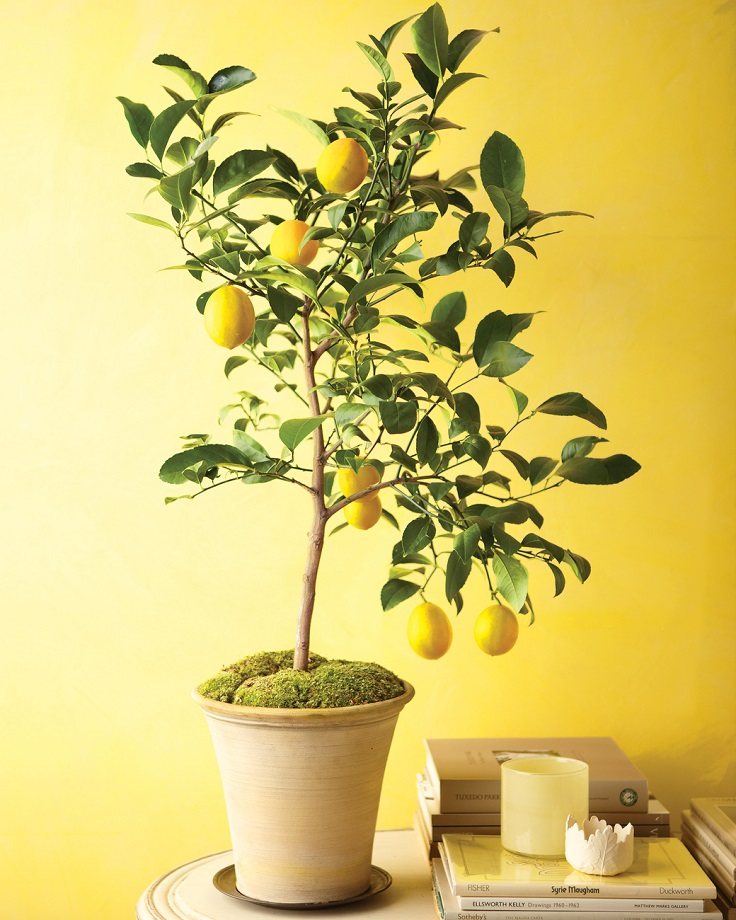
Last but not least, lemons are a true superfood you can grow in the commodity of your own home. Consuming lemons can help decrease heart disease risk, reduce inflammation, and fight some cancers. This fruit is filled with vitamin C and tons of antioxidants as well. To grow it home, purchase a two or three-year-old plant from some of the dwarf varieties. Keep it an area that will receive eight to 12 hours of sunlight each day and water it regularly.

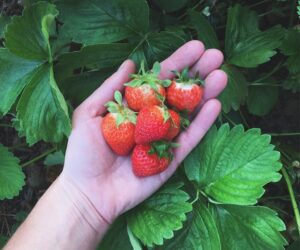
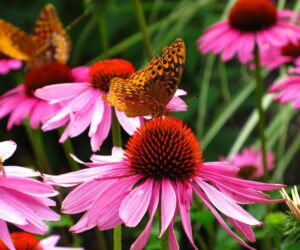
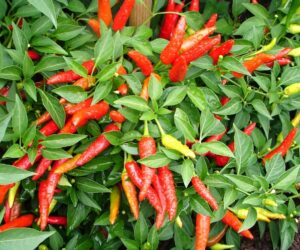
some more great one’s are Katuk,Moringa,and Madeira vine.These are just as easy to grow as the more common plants.Easily found on Ebay